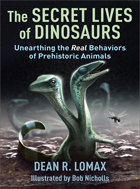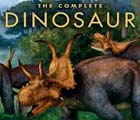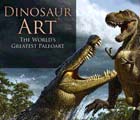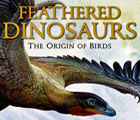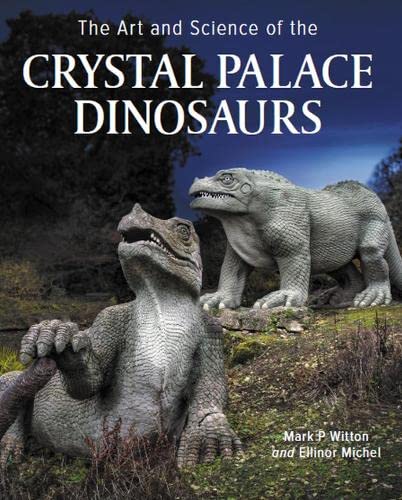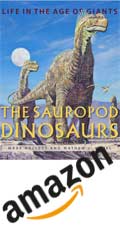Pronunciation: vul-KAN-oh-DON-tih-day
Author: M.R. Cooper
Year: 1984
Meaning: Volcano tooth family (see etymology)
Locomotion: Quadrupedal (four legs)
Synonyms: Barapasauridae
Author: M.R. Cooper
Year: 1984
Meaning: Volcano tooth family (see etymology)
Locomotion: Quadrupedal (four legs)
Synonyms: Barapasauridae
[Allain, 2004]Definition
All sauropods closer to Vulcanodon than to eusauropods.
Â
About
Vulcanodontidae is a group within Sauropoda, erected by M.R. Cooper in 1984 to house Vulcanodon karibaensis and all of its closest relatives. Unfortunately, its closest relatives have been dropping like flies and pending further research into Tazoudasaurus naimi - currently the only other candidate for entry - the group is redundant. There's no point in having a family name for a dinosaur with no immediate family!
Vulcanodontids are basal sauropods with solid vertebrae, pillar-like legs, and an unusually narrow sacrum. Currently, they are known from the Early Jurassic of Zimbabwe and Morocco, but if, as some suspect, Barapasaurus and Zizhongosaurus turn out to be vulcanodontids their range will be expanded into India and China.
2008 research places Vulcanodontidae and Eusauropoda together in a new clade called Gravisauria - "the heavy lizards".
Etymology
Vulcanodontidae is derived from the Latin "Vulcanus" (Roman god of fire), and the Greek "odon" (tooth) and "idae" (family). It is anchored by Vulcanodon -- "Volcano tooth" -- so named because of some teeth which were found sandwiched between two lava flows near its remains. We now know Vulcanodon didn't own these teeth.
References
• Cooper, M.R. (1984) "A reassessment of Vulcanodon karibaensis Raath (Dinosauria: Saurischia) and the origin of the Sauropoda".





